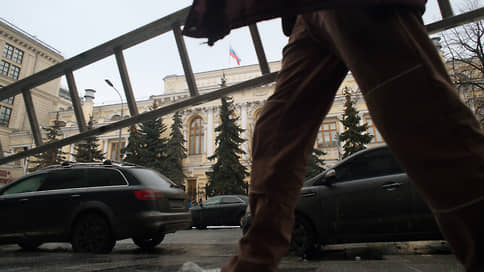since the beginning of the Ukrainian crisis, the volume of foreign direct investment in Russia has decreased by a third
[ad_1]

According to the Central Bank, since the beginning of the Ukrainian crisis, the volume of foreign direct investment (FDI) in Russia has decreased by a third – from $610 billion at the end of 2021 to $402 billion as of March 2023, despite the efforts of the authorities to limit the repatriation of capital investments of foreign companies. Since the beginning of 2023 alone, FDI has fallen by more than $35 billion “due to exchange rate and price revaluation, as well as the repayment of obligations on debt instruments as a result of bond replacement.”
Since 2021, the Central Bank has not published detailed data on FDI, broken down by country of origin and industry. Details of such investments for the first quarter include statistics on their accumulated outgoing and incoming balances by instrument on an asset/liability basis. It follows from them that the net position (the difference between incoming and outgoing investments) is at the level of $24 billion (in favor of Russia), which corresponds to the peak of the current crisis in mid-2022. Unlike in 2015, due to the need for Russian companies to repatriate capital due to the threat of sanctions, net FDI did not become negative (see chart).
At the beginning of April 2023, investments outgoing from the Russian Federation increased by 6% in annual terms (compared to the same period in 2021, they decreased by 14%) due to investments in debt instruments, especially between sister companies. At the same time, FDI entering the Russian Federation decreased by 20% for the year and 28% against the same period of the pre-crisis 2021 frontally, but faster than part of debts than in terms of capital investments.
It is known that, according to various estimates, up to 70% of FDI in the Russian Federation until recently was Russian capital passing through third countries, including to optimize taxation. Now, according to observers, there is a process of neutralization of offshore capital. As IMF Director of Research Pierre-Olivier Gourinshes recently noted, the fragmentation of global finance is most visible in investment flows — FDI is increasingly directed to geopolitical rather than geographically close countries, and investors are interested in whether the host country shares their values. Against this background, the record withdrawal by residents of the Russian Federation of almost $160 billion from January 2022 to March 2023 (more was withdrawn only once in five months – at the end of 2008) under the item “other investments” looks eloquent.
[ad_2]
Source link






